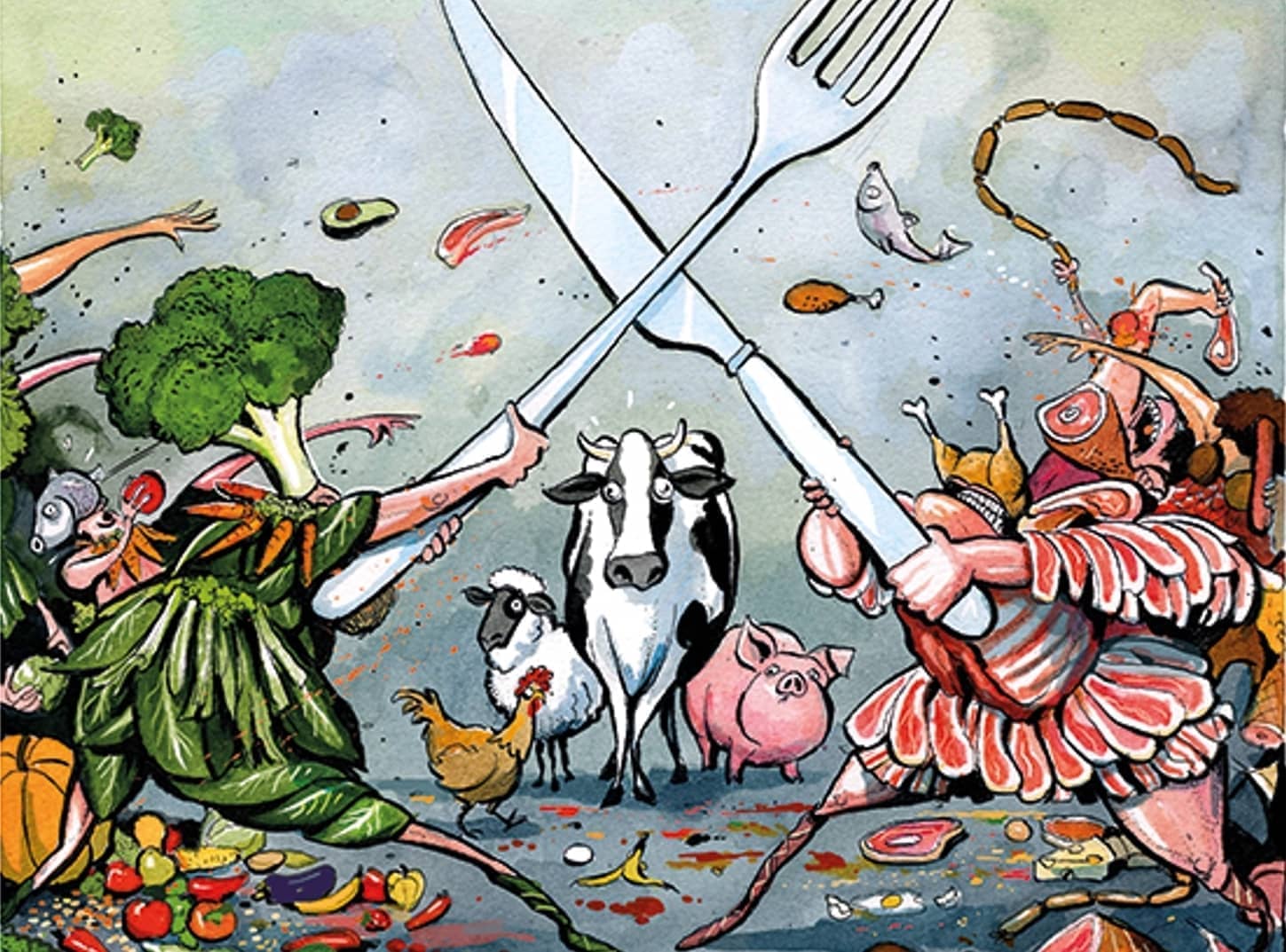- Location
- Newcastle upon Tyne

Giving up meat won't make us greener
There was a nifty about-turn last week when the so-called Nudge Unit, the government’s behavioural policy advisory body, abandoned its proposals to get us to shift towards a plant-based diet and away from eating meat. Among other exciting intiatives it suggested ‘building support for a bold...





